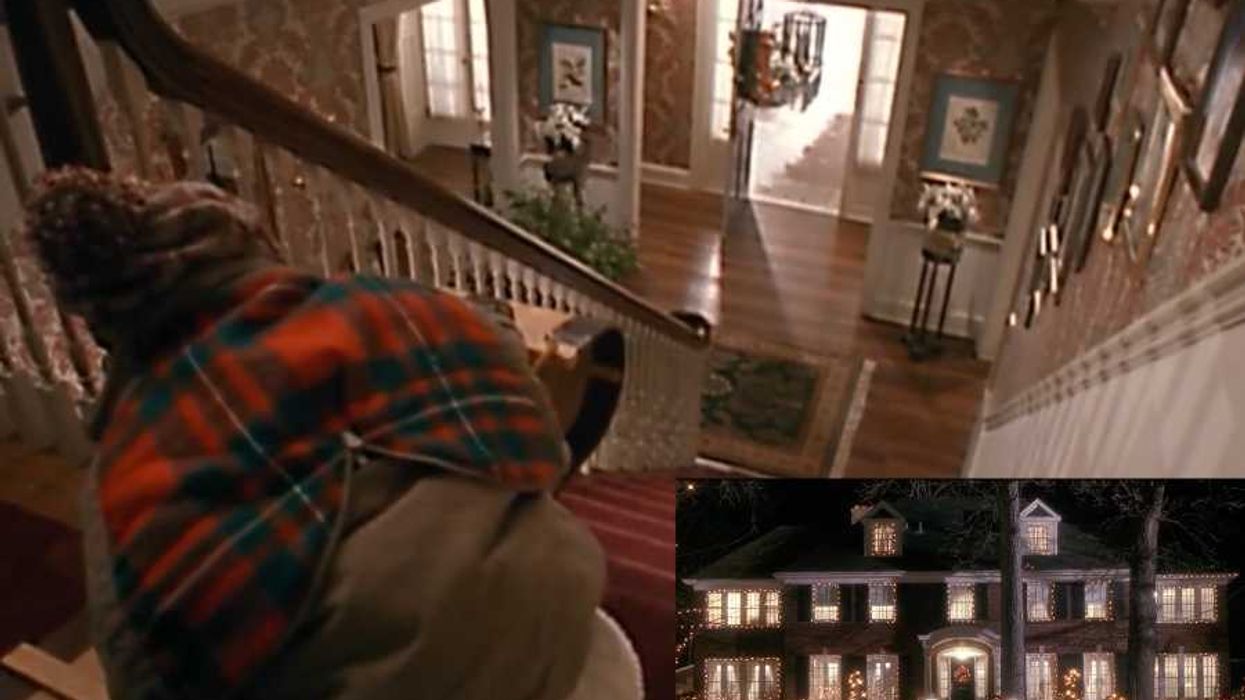As I often say in my own drag history work, “drag history is American history.” This phenomenon is alive and well on the Gerber/Hart Library & Archive’s Instagram. Here, once a week, the renowned Midwest LGBTQ+ library and archive celebrates “Tillie Tuesday” in honor of famed Chicago drag queen Miss Tillie, “The Dirty Old Lady of Chicago.” Tillie worked as a drag artist for some 50 years, between the 1940s and the 1990s. Drag has faced pushback throughout history and in our current moment, with lives both underground and aboveground, so this was a rare feat then and remains one now.
As Gerber/Hart shares on their podcast Unboxing Queer History, what became the Miss Tillie archive was dropped off by a friend of the drag artist after her passing. There was a wealth of photos and memorabilia in this woman’s trunk–professional images, snapshots, flyers, and more–all highlighting the five decades of Tillie’s career, a majority of which were spent in the Chicago area.
While few biographical details are known about Tillie herself, historian Owen Keehnan and the archive were able to put together some of them. She had a 9-5 job at a uniform company, for example, and lived a very separate life in drag–at the popular drag bar Club Chesterfield, for example she worked two nights a week, making $9 a night plus tips in the 1960s. She also loved to deck herself out in jewelry, and many of her photographs chronicle a treasure trove of wigs, gowns, feather boas, and fishnets. And the nickname? It comes from the younger men she kept around, who often lined up to buy her drinks after her shows. Tillie’s archive remains a favorite of the Gerber/Hart staff.
To have such photographs chronicling Tillie’s life in these eras is practically unheard of, the podcast shares. This was a time when, if people were found out to be queer, let alone in drag, they could lose everything. Raids of gay bars were frequent and frightening, “with patrons being arrested, jailed overnight, and typically having their names printed in the newspapers,” the archive writes. “Even if the charges were later dropped, this caused many individuals (especially individuals who were teachers or worked for the government) to lose their jobs. Some even committed suicide.”
If you appeared to violate what were then Chicago’s laws against cross-dressing, you were often singled out early on. So the fact that so many photos of Tillie’s exist situates her and drag in the context of not just drag history, but American history and the queer community’s ongoing fight for equality. “When we see these joyful photos of Tillie and her friends, it’s important to remember that these gatherings were critical acts of resistance at a time of hostile legal oppression of LGBTQ+ people,” the archive writes.
The Gerber/Hart Library & Archives first opened in 1981 and is named after the early 20th century queer activists Henry Gerber and Pearl S. Hart. Based in Chicago, it specifically chronicles LGBTQ+ life from the Midwest. Among their main missions is to “collect, preserve, and make accessible [this] history… in order to advance the larger goal of achieving justice and equality.” They also have a lending library, exhibits, and public programming that offer insight into LGBTQ+ Chicagoan and Midwestern life. Archives like Gerber/Hart are essential at a cultural moment like this and serve as a reminder of the queer community’s neverending contributions to history.
To learn more about LGBTQ+ history from this region, check out their Instagram and their website, and stay tuned for more “Tillie Tuesdays” in the future.


















 Several people scratching off lotto ticketsCanva
Several people scratching off lotto ticketsCanva A woman fans out a bunch of cash
A woman fans out a bunch of cash
 Portrait of Fryderyk Chopin.Maria Wodzińska/
Portrait of Fryderyk Chopin.Maria Wodzińska/  A standing ovation.Photo credit
A standing ovation.Photo credit 
 A hand holds multiple lottery ticketsCanva
A hand holds multiple lottery ticketsCanva Hundred dollar bills spread outCanva
Hundred dollar bills spread outCanva
 Some intense thinking.Photo credit:
Some intense thinking.Photo credit:  People support a distressed woman.Photo credit:
People support a distressed woman.Photo credit:  Smart guy with an idea.Photo credit:
Smart guy with an idea.Photo credit: 
 A subterranean waterfallCanva
A subterranean waterfallCanva


 The Emergency Department.Photo credit:
The Emergency Department.Photo credit:  Little girl with a splinter.Photo credit:
Little girl with a splinter.Photo credit:  Woman on phone after car accident.Photo credit:
Woman on phone after car accident.Photo credit: